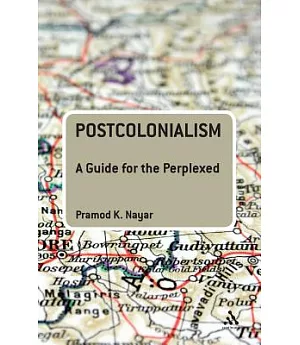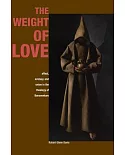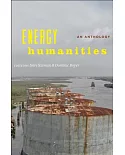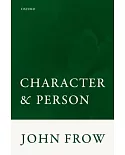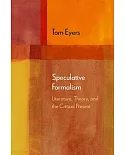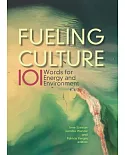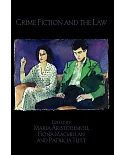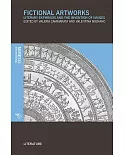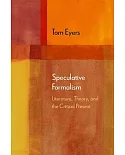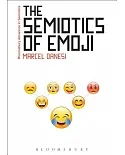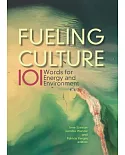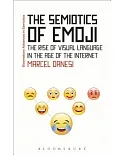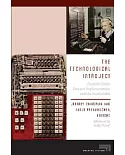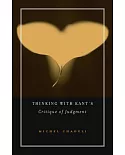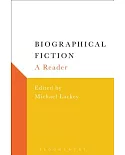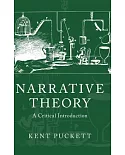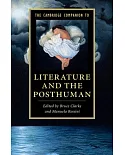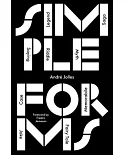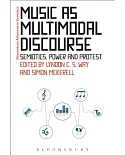`Nayar's close attention to literary figurations, the politics of postcolonial theory and the continued relevance of postcolonial approaches to terrorism, cybercultures and globalization---all
carefully Illustrated and evidenced from texts from Africa, Asia, South American and other formerly colonized nations - makes this book at once an indispensable Introduction to the field and a
critical evaluation of the literary-political discipline of "postcolonial studies", Professor S. W. Perera, University of Peradeniya, Sri Lanka
Postcolonlalism as a critical approach and pedagogic practice has informed literary and cultural studies since the late 1980s. The term is heavily loaded and has come to mean a wide and often
bewildering variety of approaches, methods politics and ideas. Beginning with the historical origins of postcolonial thought in the writings of Gandhi, Cesaire and Fanon, this guide moves on to
the articulation Into a critical approach in Edward Sald's work and finally to postcolonialism's multiple forms in contemporary critical thinking including theorists such as Bhabha, Spivak,
ArifDirlik and Aijaz Ahmed. Written in jargon-free language and Illustrated with examples from literary and cultural texts, this book addresses the many concerns, forms and specializations of
postcolonialism, including gender and sexuality studies, the nations and nationalism space and place, history and politics It explains the key ideas, concepts and approaches in what is arguably
the most influential and politically edged critical approach in literary and cultural theory today

